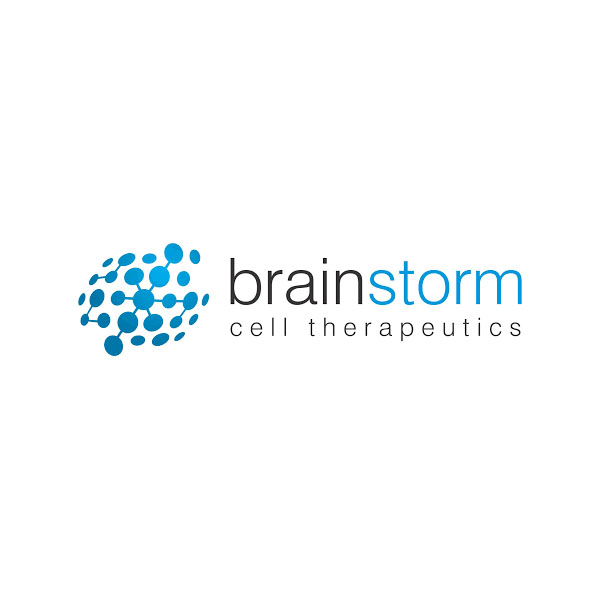
BrainStorm Cell Therapeutics’ (NASDAQ:BCLI) NurOwn failed to meet its primary and secondary endpoints in a Phase 3 amyotrophic lateral sclerosis (ALS) trial.
NurOwn consists of mesenchymal stromal cells (MSCs) that have been converted into neurotropic factor secreting cells, or MSC-NTFs. NTFs are growth factors known to support the survival of neurons.
The study’s primary efficacy endpoint was a responder analysis score, which was achieved in 34.7% of patients receiving NurOwn, compared with 27.7% of patients receiving placebo. The secondary efficacy endpoint measuring average change in responder analysis score from baseline to week 28 was minus 5.52 in patients receiving NurOwn, compared with minus 5.88 in patients who received placebo.
The company noted that cerebrospinal fluid biomarker analyses confirmed that treatment with NurOwn resulted in a statistically significant increase of neurotrophic factors and reduction in neurodegenerative and neuroinflammatory biomarkers that was not observed in the placebo group.
“The findings from this clinical trial demonstrated that NurOwn treatment was associated with a clinically meaningful treatment response and consistent biomarker effects in known ALS disease pathways and that the ability of the clinical trial to demonstrate treatment effects compared to placebo are influenced by baseline disease status, as revealed through ALS function and key biomarkers,” Brainstorm’s president and CMO, Ralph Kern, M.D., said in a statement.
“We are committed to advancing discussions with the FDA to identify regulatory pathways that may support NurOwn in ALS,” he added.






